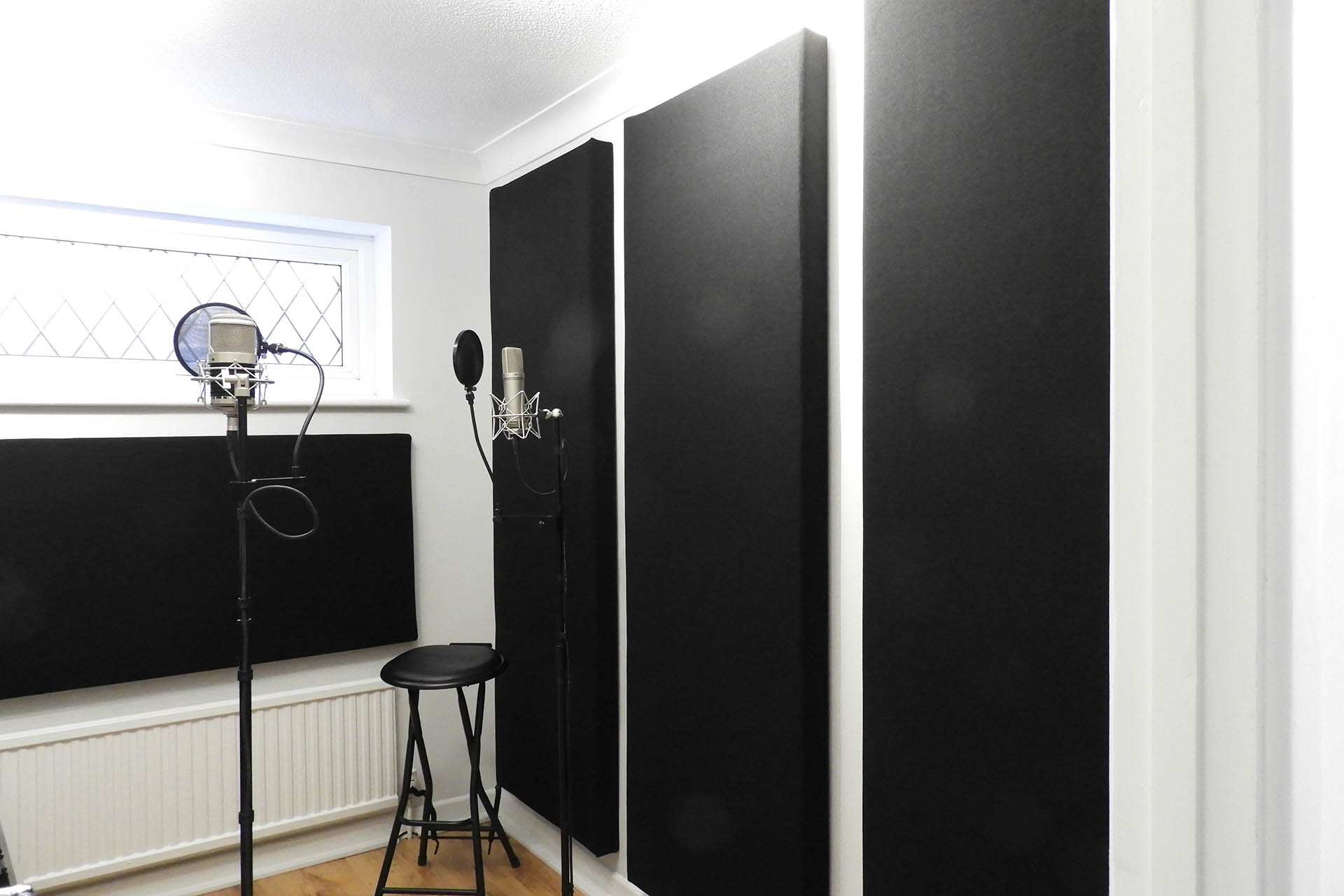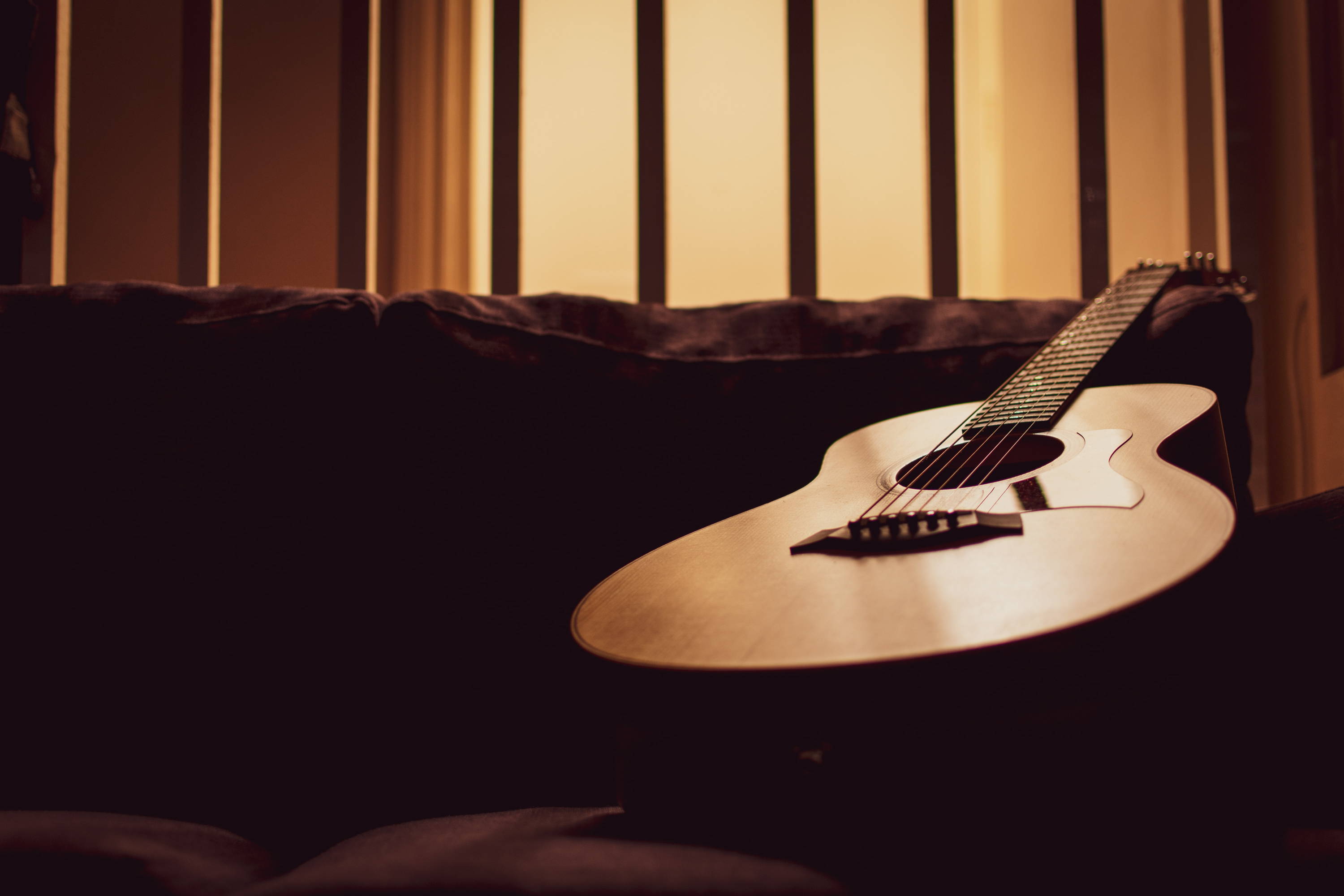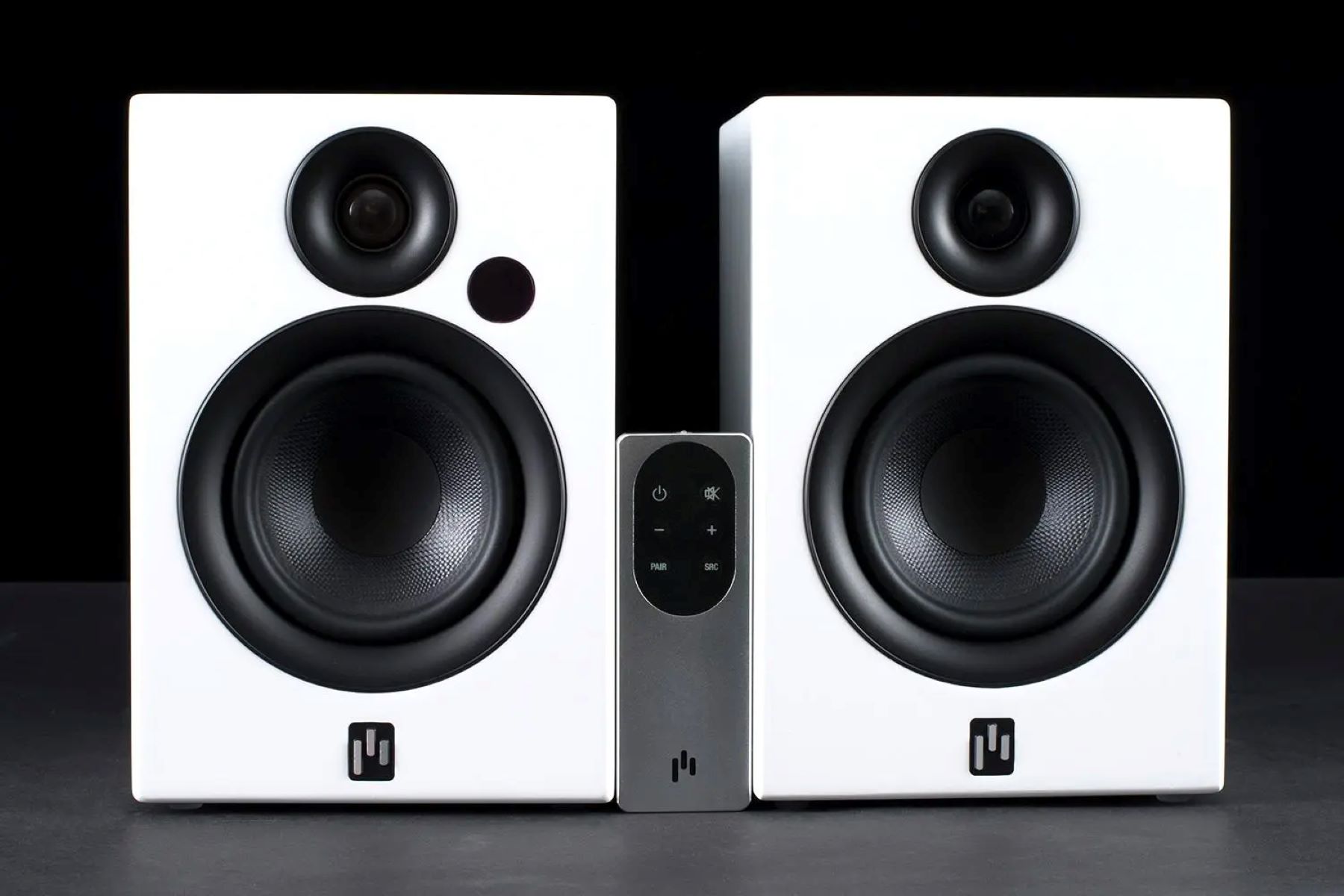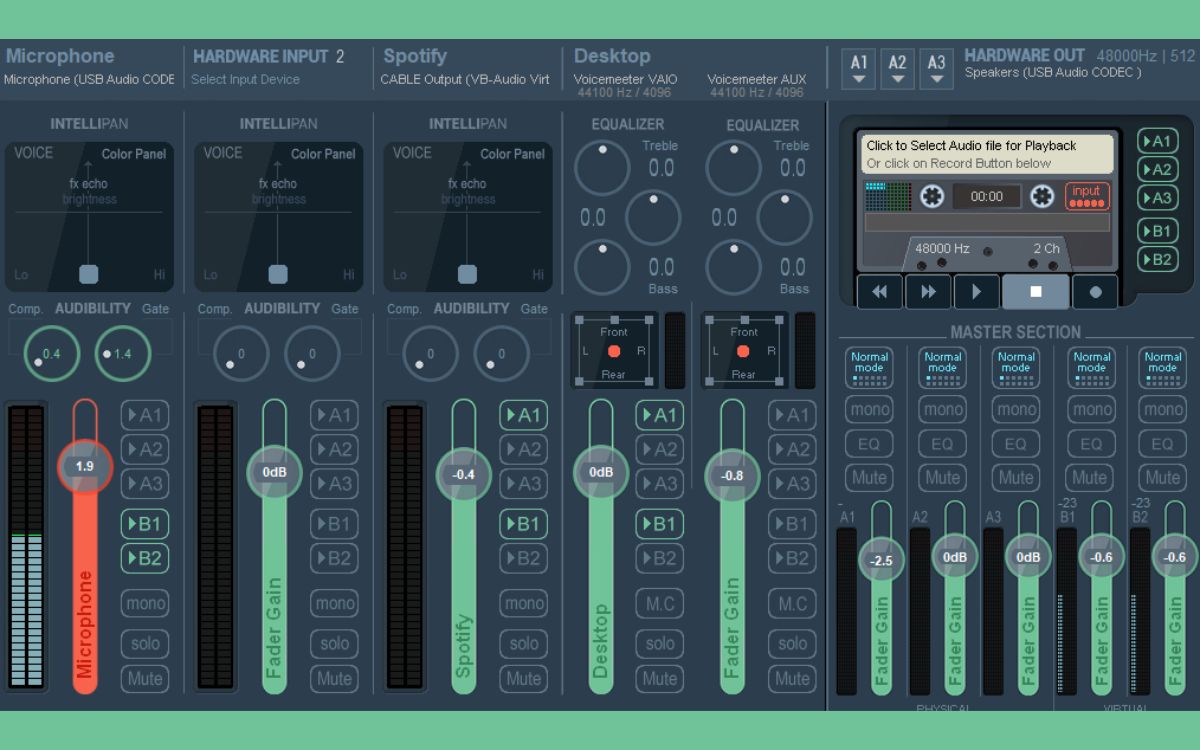Home>Instruments>Piano>How To Get Good At Piano
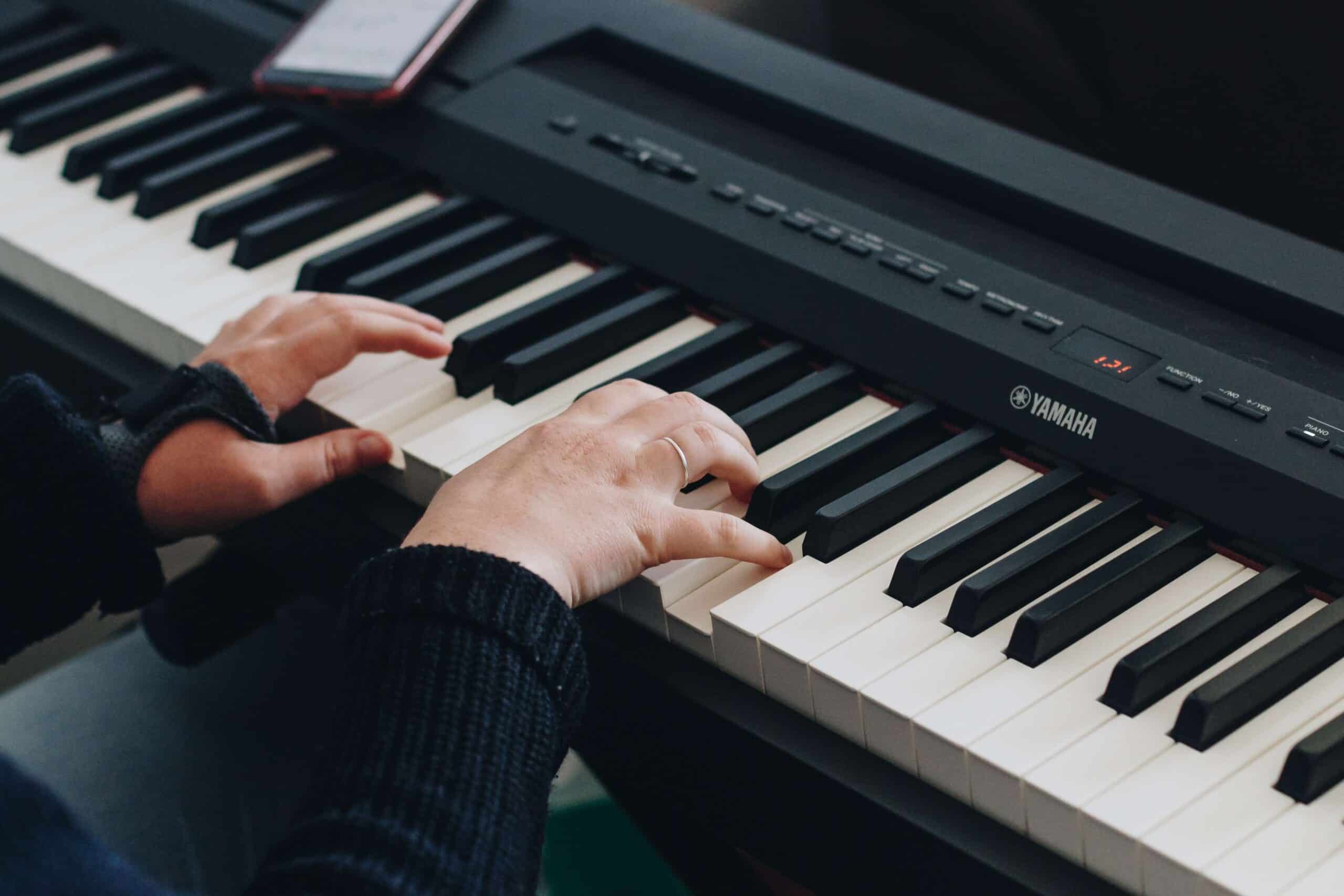

Piano
How To Get Good At Piano
Published: February 10, 2024
Learn how to improve your piano skills with our expert tips and techniques. Master the piano and become a pro player with our comprehensive guide. Start playing like a professional today!
(Many of the links in this article redirect to a specific reviewed product. Your purchase of these products through affiliate links helps to generate commission for AudioLover.com, at no extra cost. Learn more)
Table of Contents
Introduction
Introduction
So, you want to master the art of playing the piano? Congratulations! You've chosen a beautiful and versatile instrument that can bring immense joy and fulfillment to your life. Whether you're a complete beginner or have some experience tinkling the ivories, embarking on a journey to improve your piano skills is a rewarding endeavor.
Learning to play the piano not only offers a creative outlet but also provides a plethora of cognitive and emotional benefits. From enhancing dexterity and coordination to boosting memory and reducing stress, the piano has the power to enrich your life in countless ways.
In this comprehensive guide, we'll explore the steps you can take to elevate your piano playing from novice to virtuoso. From setting up for success and mastering the basics to tackling challenging pieces and refining your skills, each stage of your piano journey will be addressed with practical tips and valuable insights.
So, sit back, relax, and get ready to dive into the enchanting world of piano mastery. Whether your goal is to play classical masterpieces, jazz standards, or pop hits, this guide will equip you with the knowledge and techniques to unleash your full potential at the piano. Let's embark on this melodious adventure together!
Setting Up for Success
Setting Up for Success
Before you even lay your hands on the keys, it’s essential to set the stage for a successful piano journey. Here’s how you can lay a solid foundation for your musical endeavors:
- Invest in a Quality Instrument: Whether you’re purchasing a piano or keyboard, selecting a high-quality instrument is paramount. A responsive keyboard and well-regulated action are crucial for developing proper technique and producing beautiful sound.
- Create a Inspiring Practice Space: Designate a dedicated area for your practice sessions. Ensure that the space is well-lit, comfortable, and free from distractions. Surround yourself with musical inspiration, whether it’s a favorite piece of art, a motivational quote, or a beloved composer’s portrait.
- Establish a Consistent Practice Schedule: Consistency is key when it comes to mastering the piano. Set aside regular practice sessions in your daily or weekly routine. Even short, focused practice sessions can yield significant progress over time.
By investing in a quality instrument, creating an inspiring practice space, and establishing a consistent practice schedule, you’ll pave the way for a fulfilling and productive piano journey. Now that you’ve set the stage for success, it’s time to dive into the fundamentals of piano playing.
Learning the Basics
Learning the Basics
Mastering the piano begins with a solid grasp of the fundamentals. Whether you’re brand new to the instrument or seeking to reinforce your foundation, focusing on the following key areas will set you on the path to proficiency:
- Understanding Musical Notation: Familiarize yourself with the basics of musical notation, including note values, time signatures, and clefs. Learning to read music is akin to learning a new language, and it’s an indispensable skill for any aspiring pianist.
- Developing Proper Hand Position: Cultivating a relaxed and ergonomic hand position is essential for fluid and effortless playing. Pay attention to the curvature of your fingers, the position of your wrist, and the alignment of your hands as you navigate the keyboard.
- Practicing Scales and Arpeggios: Scales and arpeggios are the building blocks of piano technique. Devote time to practicing these fundamental patterns in all keys, focusing on evenness, control, and smooth transitions between notes.
- Exploring Basic Repertoire: Delve into beginner-friendly piano pieces that encompass a range of styles and techniques. Start with simple melodies and gradually progress to pieces that incorporate basic chords and hand independence.
By immersing yourself in the essentials of musical notation, honing your hand position, mastering scales and arpeggios, and exploring basic repertoire, you’ll establish a strong foothold in your piano journey. With these foundational skills in place, you’ll be well-equipped to progress to more advanced techniques and repertoire.
Practicing Techniques
Practicing Techniques
Effective practice is the cornerstone of piano mastery. By employing targeted and mindful practice techniques, you can maximize your progress and cultivate a deep understanding of the music you’re learning. Here are some strategies to enhance the quality of your practice sessions:
- Focus on Specific Challenges: Identify the passages or techniques within a piece that present the greatest difficulty. Isolate these sections and work on them systematically, employing slow practice, rhythmic variations, and focused repetition to iron out any technical or musical challenges.
- Utilize Metronome and Recording: Incorporate a metronome into your practice routine to develop rhythmic precision and steady tempo. Additionally, recording your practice sessions can provide valuable insights, allowing you to assess your progress, identify areas for improvement, and track your musical development over time.
- Practice Hands Separately: When tackling complex passages, consider practicing each hand separately to address specific technical hurdles. Once each hand feels comfortable, gradually reintegrate them to achieve seamless coordination.
- Implement Mindful Practice: Engage in mindful practice by maintaining focused attention on the music, the sound you produce, and the physical sensations in your hands and body. Mindful practice fosters deep concentration and musical awareness, leading to more expressive and nuanced performances.
By incorporating these practicing techniques into your daily regimen, you can elevate the effectiveness of your practice sessions and accelerate your progress at the piano. Remember, the quality of your practice is far more impactful than the quantity of time spent at the keys. With mindful and purposeful practice, you’ll unlock new levels of musical proficiency and artistry.
Mastering Challenging Pieces
Embarking on the journey to master challenging piano pieces requires dedication, patience, and strategic approaches. As you take on more complex repertoire, consider the following techniques to conquer these musical mountains:
- Break It Down: When faced with a daunting piece, break it down into smaller, manageable sections. Tackle one phrase at a time, ensuring that each segment is thoroughly polished before moving on to the next.
- Slow and Steady: Practice at a comfortable, deliberate tempo, focusing on accuracy, expression, and understanding the musical nuances. Gradually increase the tempo as you gain confidence and fluency in each passage.
- Utilize Practice Strategies: Employ practice strategies such as rhythmic variation, reverse practice, and mental practice to deepen your understanding of the piece and reinforce technical mastery.
- Seek Guidance: Consider seeking guidance from a knowledgeable piano teacher or mentor who can offer valuable insights, technical guidance, and interpretive suggestions to aid in your mastery of challenging repertoire.
Approaching challenging pieces with a methodical and patient mindset will yield rewarding results, allowing you to conquer even the most formidable compositions with confidence and artistry.
Refining Your Skills
As you progress in your piano journey, refining and honing your skills becomes a paramount focus. Here are essential steps to elevate your playing to new heights:
- Embrace Musical Interpretation: Dive into the expressive and interpretive aspects of music. Experiment with phrasing, dynamics, and articulation to infuse your playing with emotion and depth.
- Explore Diverse Repertoire: Expand your musical horizons by delving into diverse genres and styles. Exploring classical, jazz, contemporary, and world music can enrich your musicality and broaden your interpretive abilities.
- Cultivate Technical Proficiency: Focus on refining technical aspects such as hand coordination, agility, and control. Incorporate technical exercises and etudes into your practice routine to bolster your dexterity and command of the instrument.
- Perform and Share Your Music: Seek opportunities to perform for an audience, whether it’s in a formal recital, an informal gathering, or through online platforms. Sharing your music fosters confidence, provides valuable performance experience, and fuels your passion for playing.
By embracing musical interpretation, exploring diverse repertoire, honing technical proficiency, and sharing your music with others, you’ll embark on a fulfilling journey of continual growth and refinement as a pianist.
Conclusion
Congratulations on embarking on this enriching journey to elevate your piano playing! As you’ve discovered, mastering the piano is a multifaceted endeavor that encompasses dedication, perseverance, and a deep love for music. By setting up for success, mastering the basics, employing effective practice techniques, conquering challenging pieces, and refining your skills, you’ve laid a robust foundation for your musical growth.
Remember that progress at the piano is a continuous and gratifying process. Embrace each step of the journey, relish the beauty of the music you create, and celebrate your achievements along the way. Whether you aspire to dazzle audiences with virtuosic performances or simply find solace in the melodies you produce, the piano offers a boundless world of expression and discovery.
As you navigate the intricacies of piano playing, always cherish the joy and fulfillment that music brings to your life. Stay curious, remain open to new musical experiences, and nurture your passion for the piano. Whether you’re a beginner, an intermediate player, or an advanced pianist, your dedication to the instrument will continue to yield immeasurable rewards.
So, as you sit at the keys, let the music flow from your heart, and may your piano journey be filled with inspiration, growth, and the sheer delight of creating beautiful music.




